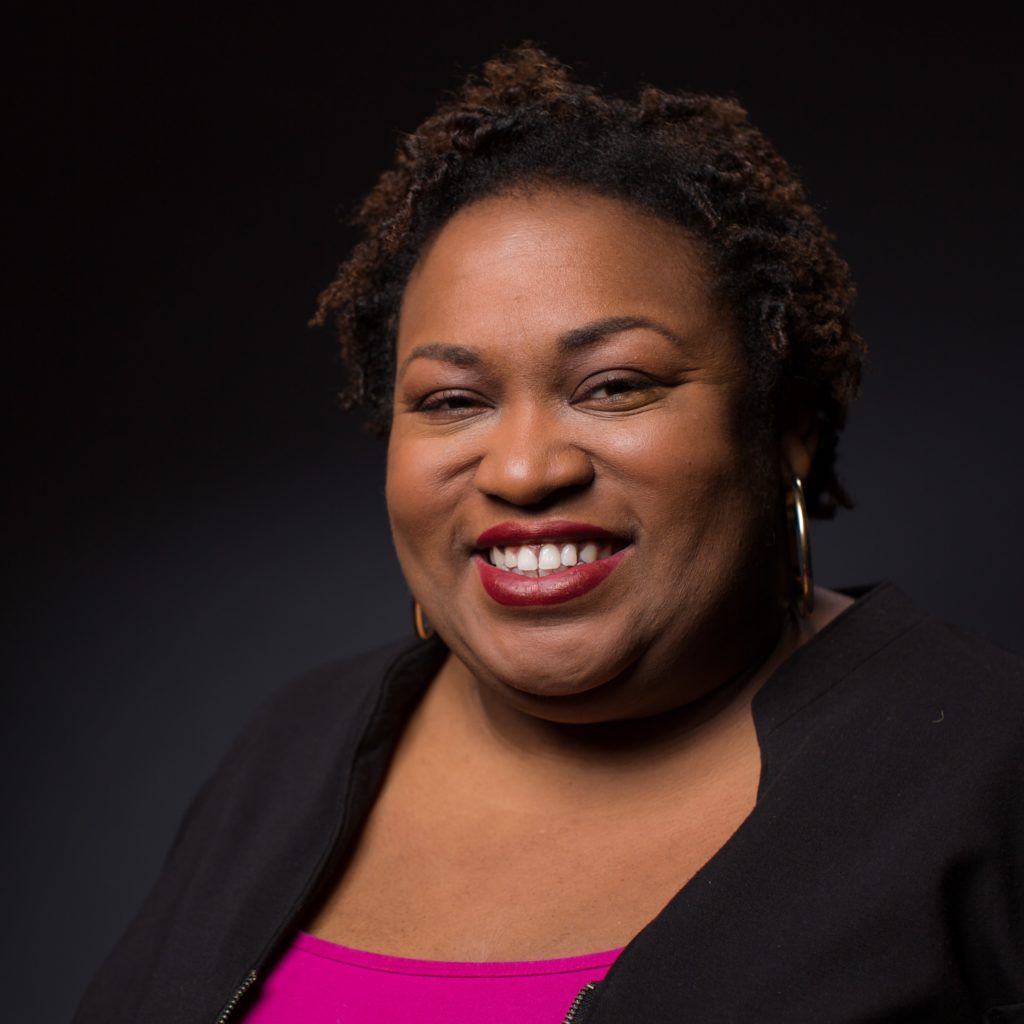
And his frustrations were growing, and growing, and growing. And we moved from one room into the kitchen. She wasn't there at the time, but through the things that he was saying. And he had a few issues, which were based not on reality. "And at the same time, he was consuming a lot of the tabloid press, a lot of the stories. It was at a time where he was being told certain things by people within his office," Harry said. "It was a buildup of- frustration, I think, on his part. Prince Harry talks about his physical altercation with Prince William | 60 Minutes 01:46 So, at the time, it was, 'OK.'" Harry talks about his physical altercation with William Why go that far when you don't necessarily need to? We wanted him to be happy. We thought that it was gonna cause more harm than good, and if he was now with his person, that- surely that's enough. "You and your brother both directly asked your dad not to marry Camilla?" Cooper asked. "She was the third person in their marriage. She was portrayed by the tabloids as "the villain," Harry told Cooper. Princess Diana famously referred to Camilla the "third person" in her marriage, and Prince Harry has not forgotten it. She married then-Prince Charles in 2005, though the two had been romantically involved on and off for decades. In his book, Prince Harry's portrayal of his stepmother, Queen Camilla, is perhaps the most critical. Prince Harry details his feelings about Camilla, the Queen Consort | 60 Minutes 01:48 When in fact, all she wanted was for me to be happy." Harry says his family didn't include him in travel plans before Queen Elizabeth died "They cleared away this idea that I had in my head that- that my mother- that I needed to cry to prove to my mother that I missed her. "For me, they cleared the windscreen, the windshield, the misery of loss," Harry said. "They showed you something," Cooper asked. "But doing it with the right people, if you are suffering from a huge amount of loss, grief or trauma, then these things have a way of working as a medicine." "I would never recommend people to do this recreationally," Harry said. "You write in the book about psychedelics," Cooper said. Harry says he sought out help from a therapist seven years ago and reveals he's also tried more experimental treatments to try to cope with grief he still feels from his mother's death. This book argues that ultimately feminism, friendship, and faith in one's own superpowers are all we really need to turn things right side up again.Prince Harry says he’s used psychedelics to help cope with grief | 60 Minutes 01:20 In Brittney Cooper’s world, neither mean girls nor fuckboys ever win. And it took another intervention, this time staged by one of her homegirls, to turn Brittney into the fierce feminist she is today. When Cooper learned of her grandmother's eloquent rage about love, sex, and marriage in an epic and hilarious front-porch confrontation, her life was changed.


It reminds women that they don’t have to settle for less. It’s what makes Michelle Obama an icon.Įloquent rage keeps us all honest and accountable. It’s what makes Beyoncé’s girl power anthems resonate so hard.


Black women’s eloquent rage is what makes Serena Williams such a powerful tennis player. But Cooper shows us that there is more to the story than that. In the Black feminist tradition of Audre Lorde, Brittney Cooper reminds us that anger is a powerful source of energy that can give us the strength to keep on fighting.įar too often, Black women’s anger has been caricatured into an ugly and destructive force that threatens the civility and social fabric of American democracy. So what if it’s true that Black women are mad as hell? They have the right to be.


 0 kommentar(er)
0 kommentar(er)
